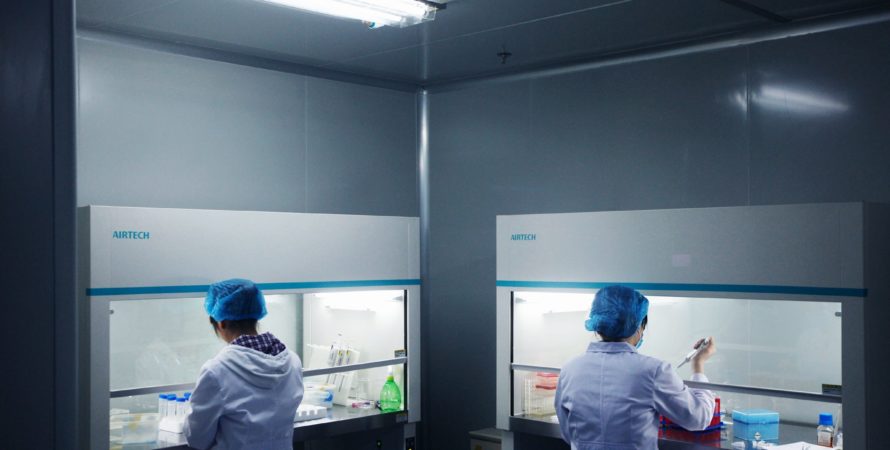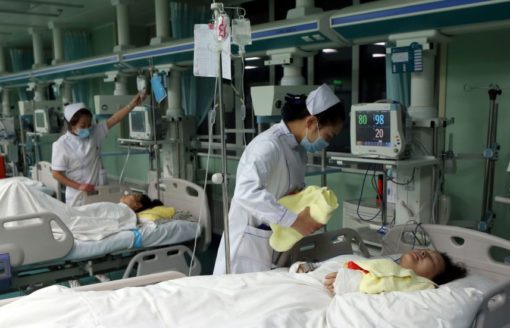In China, interest in genetic sequencing is flourishing, fueled by the nation’s growing middle class and aging population, as well as the expanding healthcare coverage. According to data from the Chinese genetic giant BGI, China’s genetic testing market hit $922 million in 2016, five times its size in 2012. With an estimated 329 million-plus individuals aged above 65 in China by 2050, personalized healthcare utilizing genetics — known as precision medicine — is alluring. Precision medicine holds the promise of high-efficiency, low-cost prevention and treatment of diseases tailored to patients based on their genetic content.
As a result, there has been an intense competition in setting up genomics research institutes in China and overseas. The Chinese government considers genomics a key strategic field in its 13th Five-Year Plan (2016-2020) for the nation’s economic and social development. In 2016, the Chinese Academy of Sciences launched the Precision Medicine Initiative — a 15-year, $9.2 billion undertaking of having in excess of 100 million human genomes sequenced by 2030 or more than that number if sequencing costs decline further. The first step of the initiative involves the creation of a database of genomic data from Chinese and international volunteers. Meanwhile, China’s telecommunications heavyweight Huawei Technologies Company will develop cloud infrastructure to help handle the massive genomic data collected. Last December, China’s Ministry of Science and Technology participated in the world’s largest human genome research project in China to report the genetic makeup of 100,000 individuals from different ethnic backgrounds and regions. The project aims to decode the hereditary information contained in each gene. Gene sequencing and analysis are expected to take four years to complete.
Major Chinese genomics companies include BGI (formerly known as Beijing Genomics Institute), Annoroad and WuXi NextCODE. BGI is estimated to have gained almost half of the prenatal screening market in China. For Annoroad, it partnered with U.S.-based Illumina in 2015 to offer next-generation sequencing technology for the reproductive health market in China. WuXi NextCODE previously took part in the national genome projects in the U.K. and Qatar as well as the foundation for the rare disease diagnostics and research programs at Boston Children’s Hospital in the U.S. and Fudan University Children’s Hospital in Shanghai.





Healthy China 2030 Status: Work-In-Progress